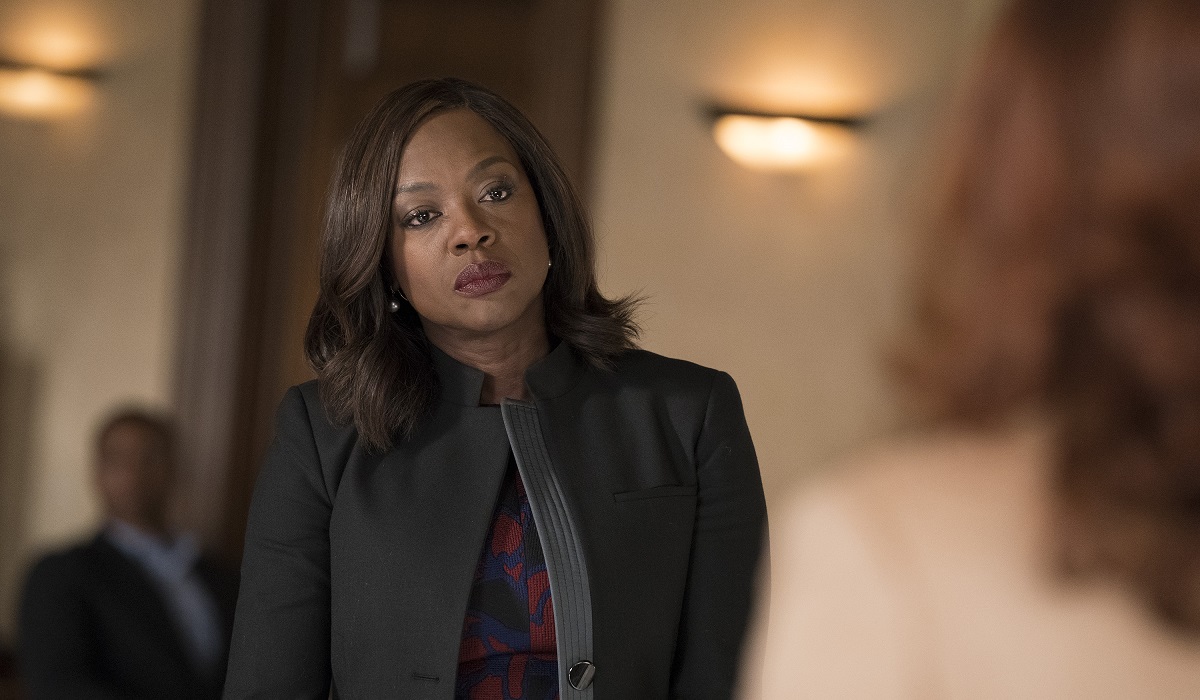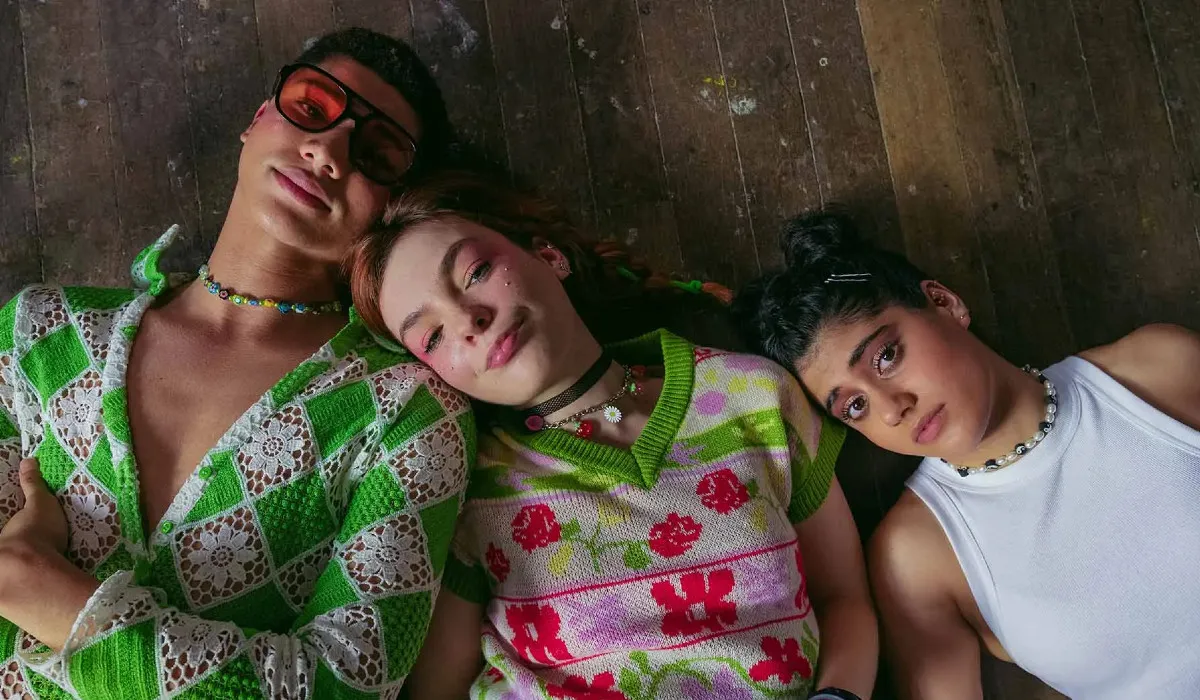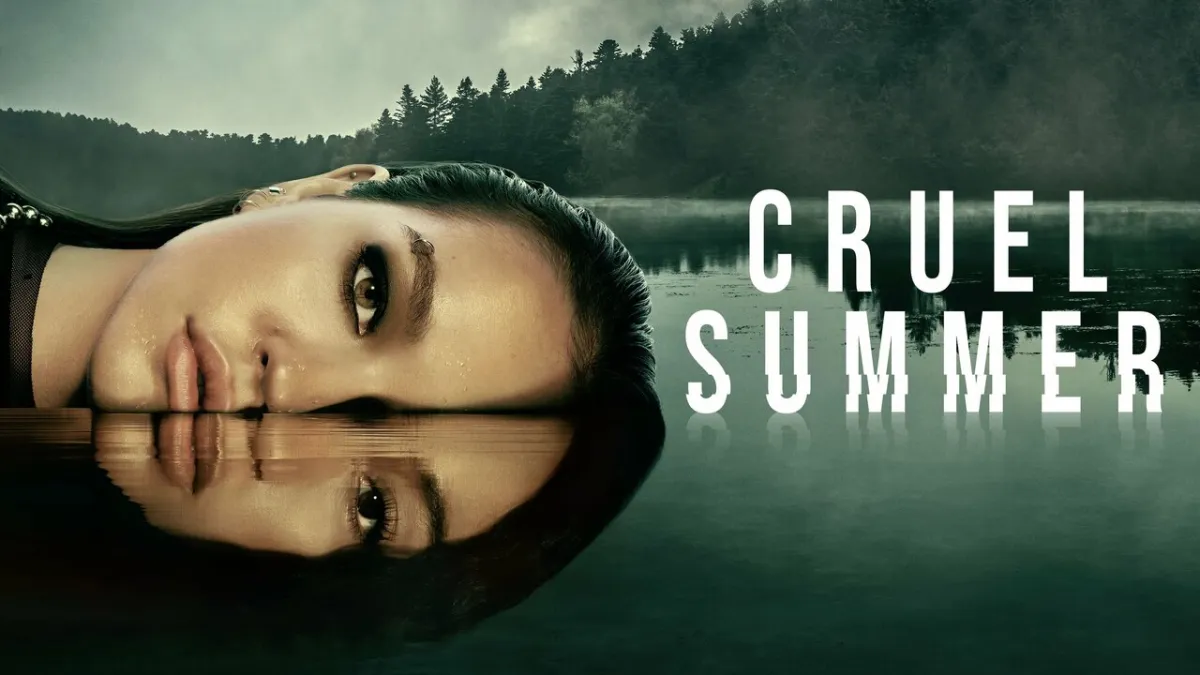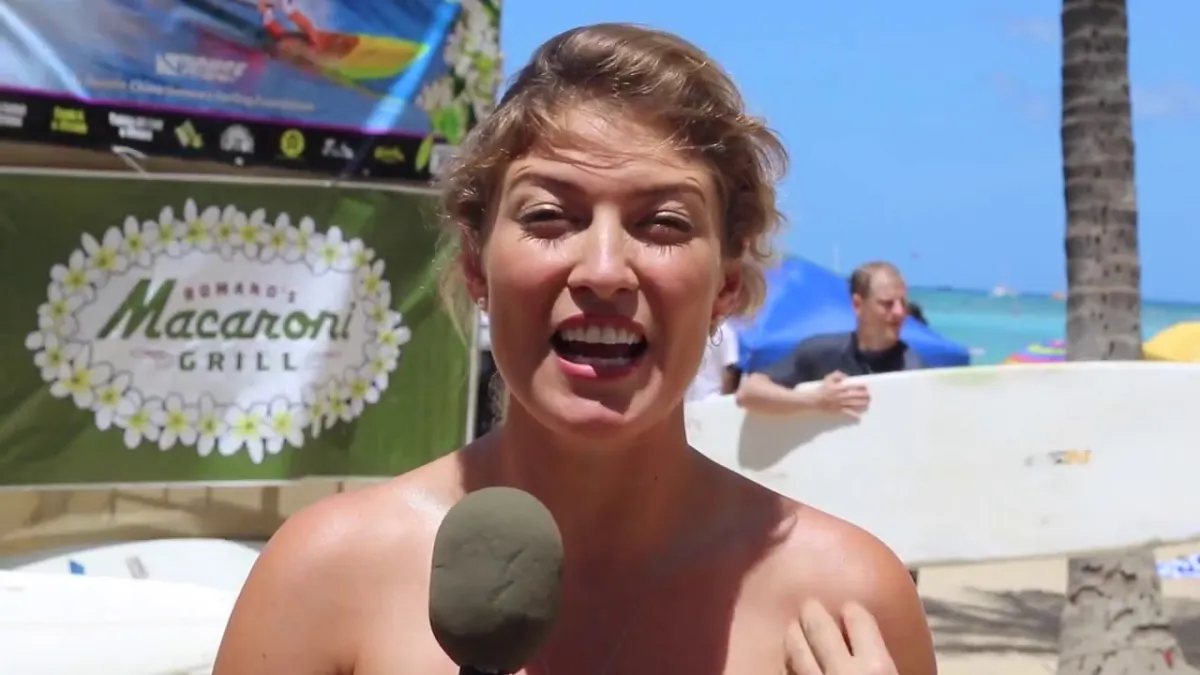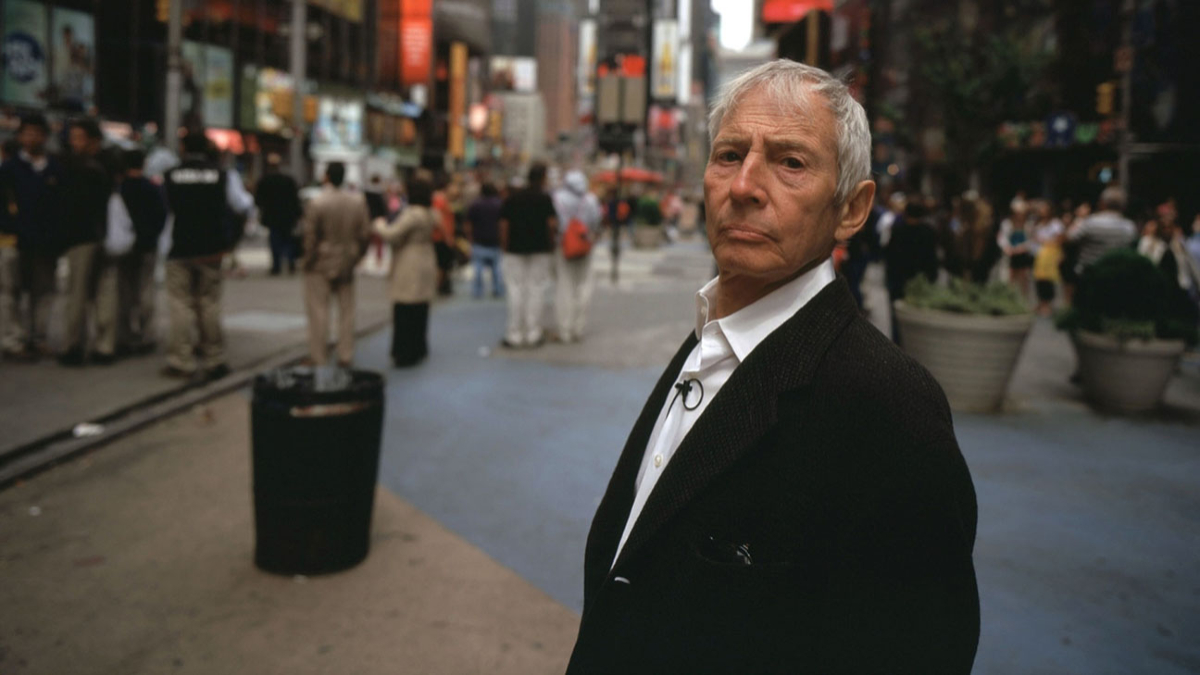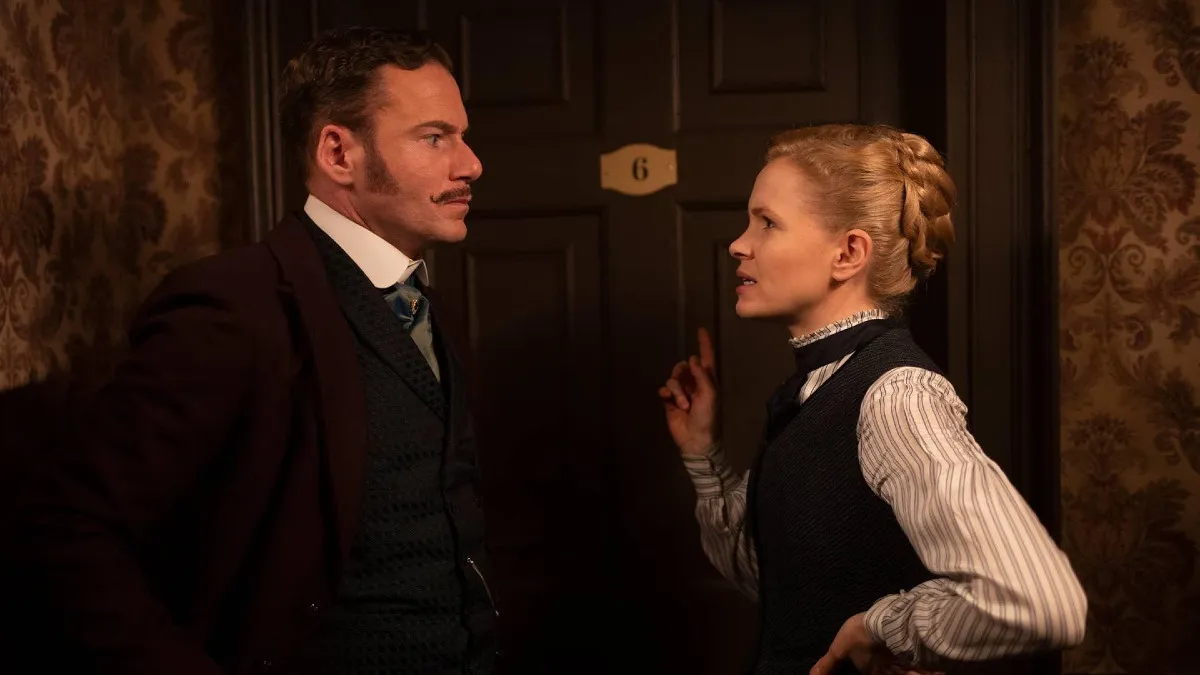Viola Davis recently gave a wide-ranging interview in the online Porter Edit magazine about her career, the state of the industry, and the #MeToo and #TimesUp movements. Over the course of the interview, Davis discussed the revolutionary power of her How to Get Away with Murder character, Annalise Keating; the discrepancies between Hollywood’s treatment of white actresses and actresses of color; and how the film industry can move forward to a better, more equal future.
Firstly, Davis spoke about her revolutionary role as Annalise Keating on How to Get Away With Murder. “Annalise Keating has changed the game,” Davis said. “I don’t even care if she doesn’t make sense. I love that she’s unrestricted, that every week I actually have to fight [showrunner] Peter Nowalk not to have another love scene. When does that ever happen?”
“I’m 52 and darker than a paper bag,” she explained. “Women who look like me are relegated to the back of the bus, auditioning for crackheads and mammas and the person with a hand on her hip who is always described as ‘sassy’ or ‘soulful’. I’ve had a 30-year career, and I have rarely gotten roles that are fleshed out, even a little bit. I mean, you wouldn’t think [these characters] have a vagina.”
Annalise, on the other hand, has plenty of sex scenes and romantic entanglements. “Very rarely in my career – and in my life – have I been allowed to explore that part of myself,” Davis said, “to be given permission to know that is an aspect of my humanity, that I desire and am desired. I always felt in playing sexuality you have to look a certain way, to be a certain size, to walk a certain way. Until I realized that what makes people lean in is when they see themselves. There’s no way I am going to believe that all women who are sexualized are size zero or two, all have straight hair, all look like sex kittens every time they go to bed and want sex from their man, all are heterosexual. I am mirroring women. I always say it is not my job to be sexy, it’s my job to be sexual. That’s the difference.”
Davis also spoke frankly about the different challenges that women of color face in the industry, and in the wider world, as opposed to white women. “If Caucasian women are getting 50% of what men are getting paid, we’re not even getting a quarter of what white women are getting paid,” she said. “We don’t even get the magazine covers white women get.”
“And that is not speaking in a way that is angry,” she clarified. “They deserve everything they get paid. Nicole Kidman deserves it. Reese Witherspoon deserves it. Meryl Streep, Julianne Moore, Frances McDormand … But guess what–I deserve it too. So does Octavia Spencer, Taraji P. Henson, Halle Berry. We’ve put the work in too.”
Asked how white women could better support the black women they work with, Davis cited Jessica Chastain’s advocacy for Octavia Spencer. For their as-yet-untitled project together, Chastain insisted that Spencer receive the same payment she did. “I don’t want to tell anyone what to do,” Davis said, “but I think Jessica Chastain did a really boss move with Octavia Spencer by saying Octavia’s got to be paid the same as her. She actually upped Octavia’s quote for that movie because she took a salary cut. I think Caucasian women have to stand in solidarity with us.”
“And they have to understand we are not in the same boat,” she continued. “Even a lot of female-driven events in Hollywood, like power luncheons–which I’ve been to, and are awesome by the way–there will be 3,000 women in that room and five of them are women of color. And it’s by invite! So, you’re not even inviting us.”
And even then they are invited to speak, Davis argues, women of color are not believed or listened to as much as white women are – and that is saying something, given the horrendous way white victims of sexual assault are treated. She was asked if the #MeToo and #TimesUp movements would have gained as much traction if the first women who came forward had been women of color. “No,” Davis answered, before the interviewer even finished the question. “No. Recy Taylor came forward in 1944 when she was gang raped by six men in Alabama. Tarana Burke was the founder of the #MeToo movement in 2006. There are plenty of black women who have come forward. I don’t think people feel we deserve the same empathy. Or investment. We are not as valued. If the story wasn’t coming out of Hollywood, and the predator wasn’t someone like [Harvey] Weinstein, I don’t think it would have gotten the spotlight [either].”
You can read the whole interview and check out the gorgeous accompanying photoshoot over at Porter Edit.
(via The Glow Up; image: ABC/Mitch Haaseth)
Want more stories like this? Become a subscriber and support the site!
—The Mary Sue has a strict comment policy that forbids, but is not limited to, personal insults toward anyone, hate speech, and trolling.—



